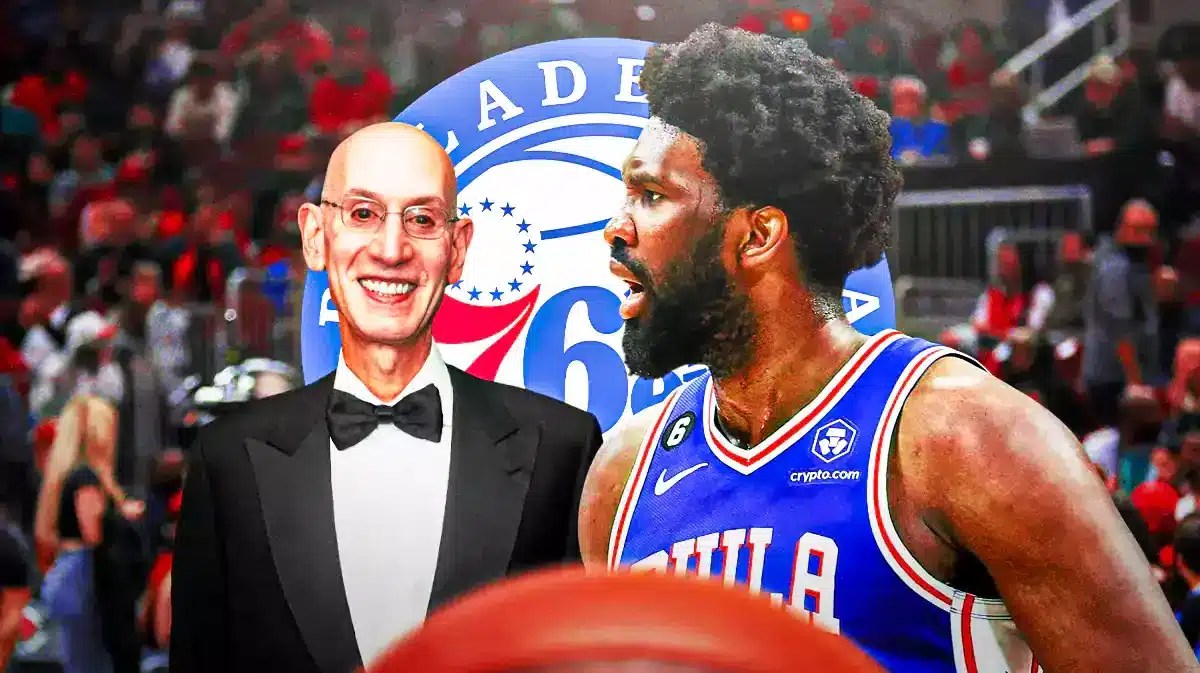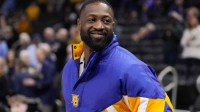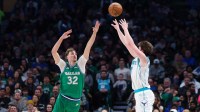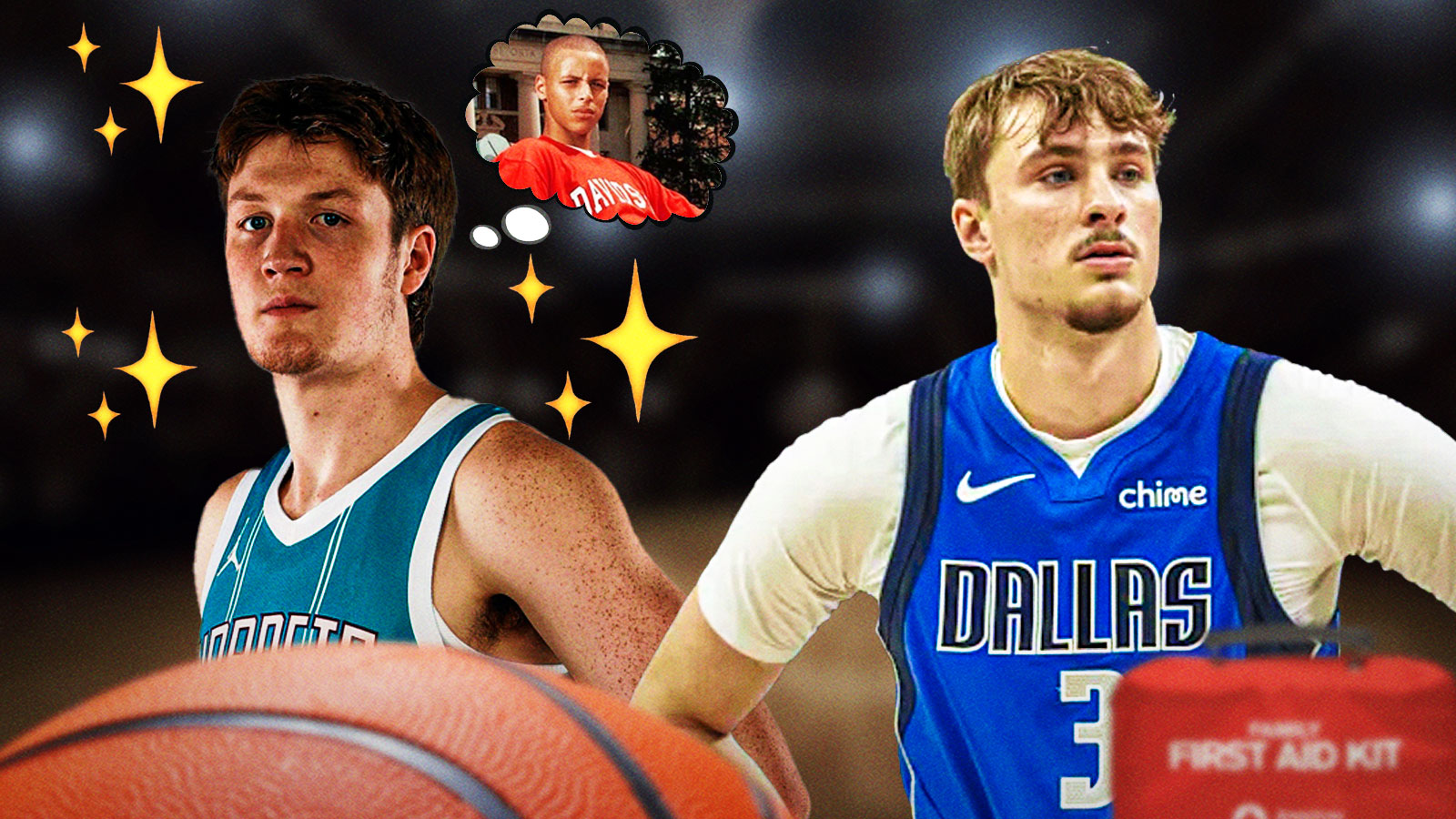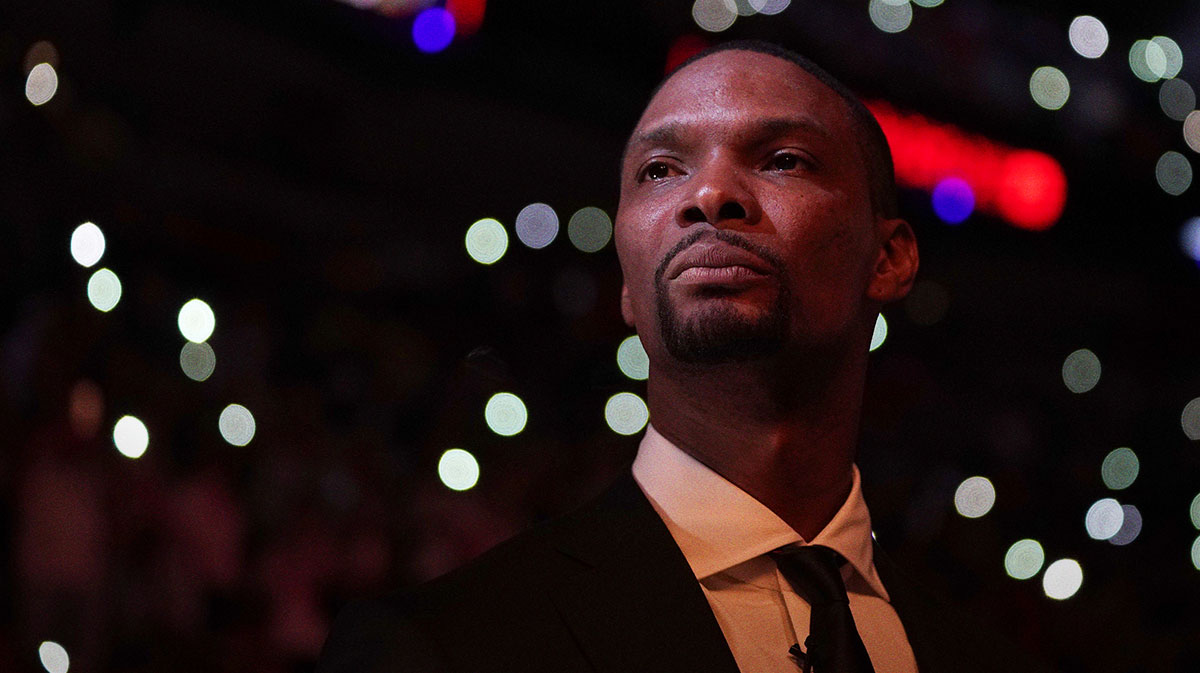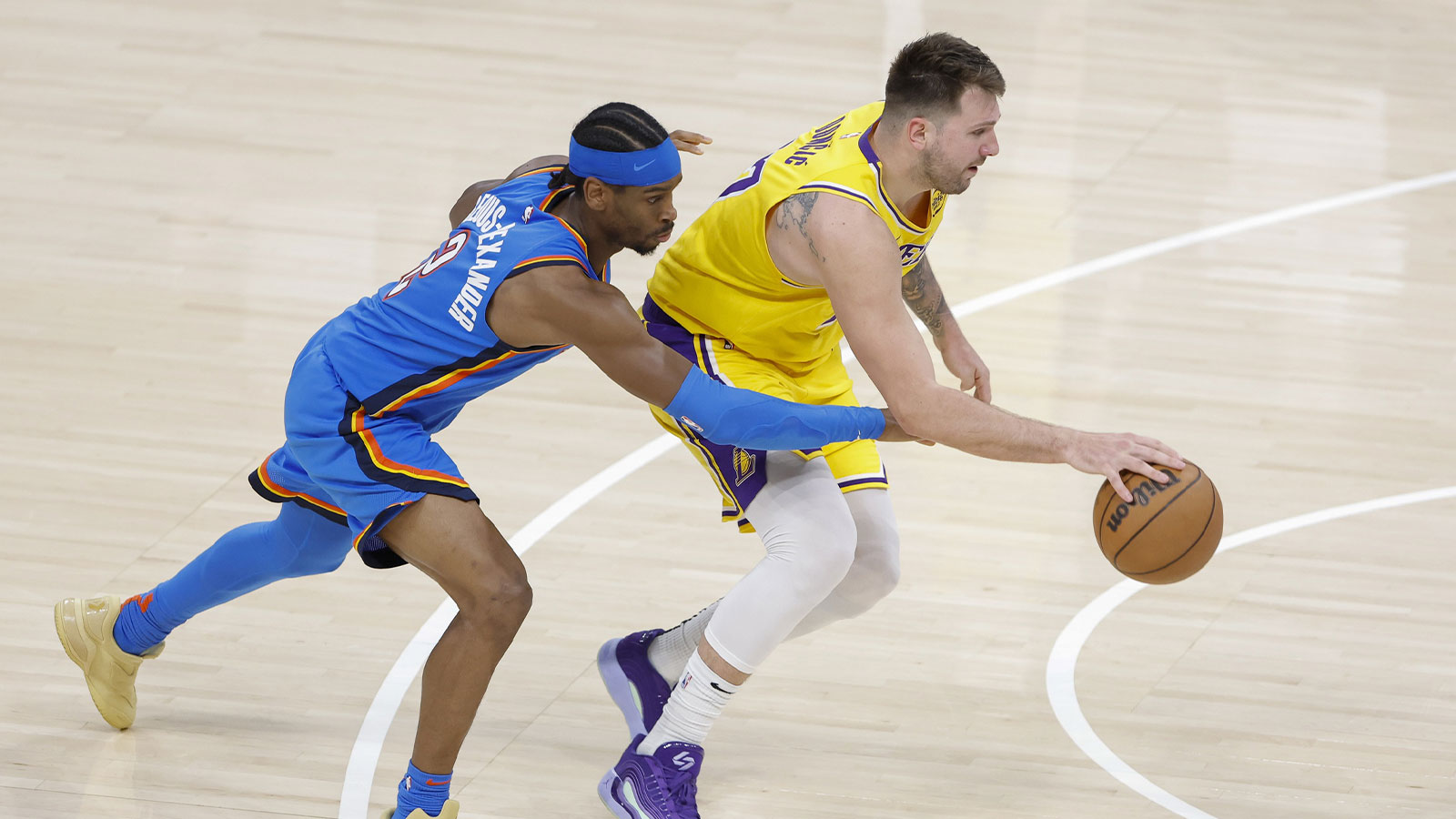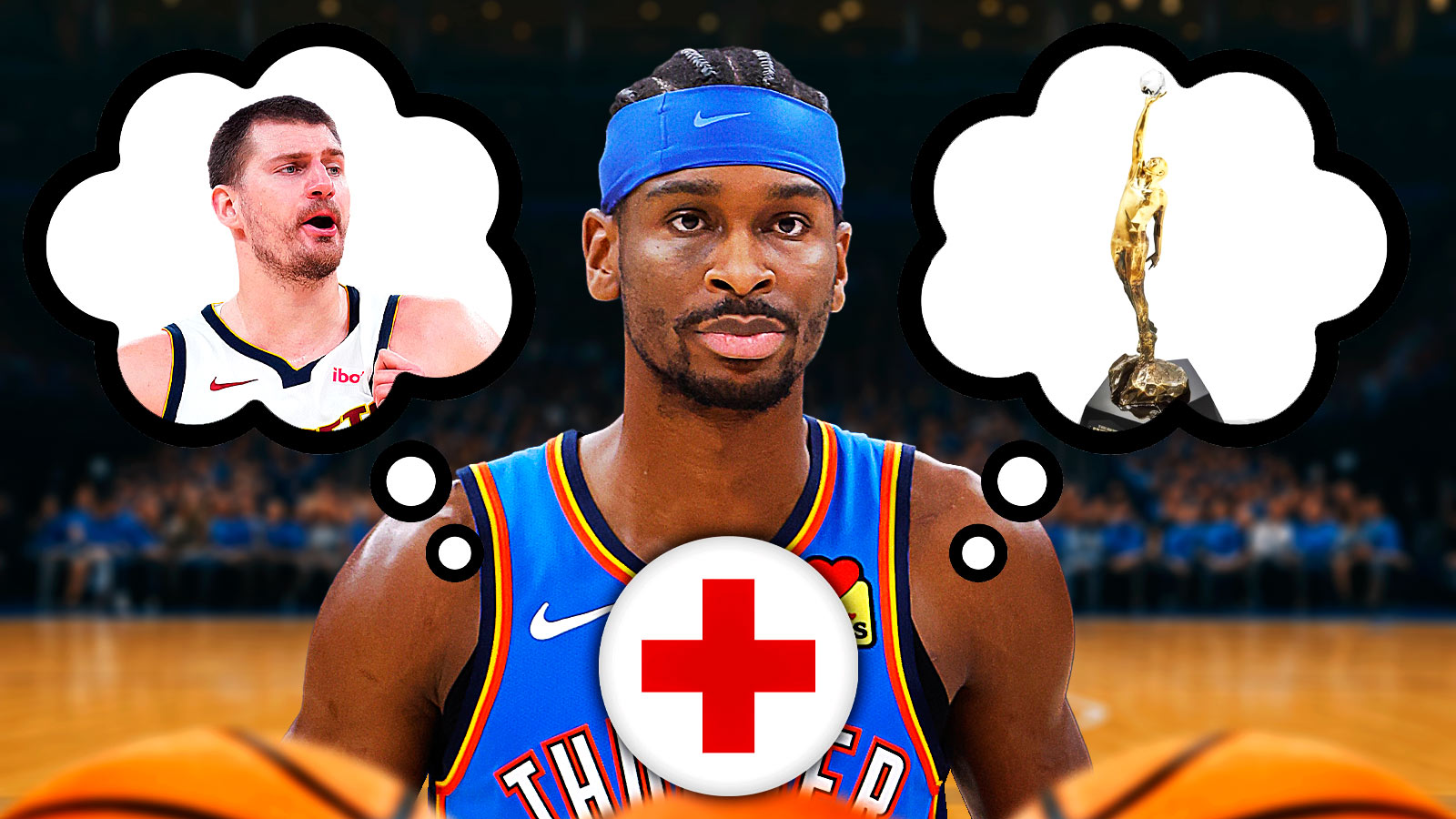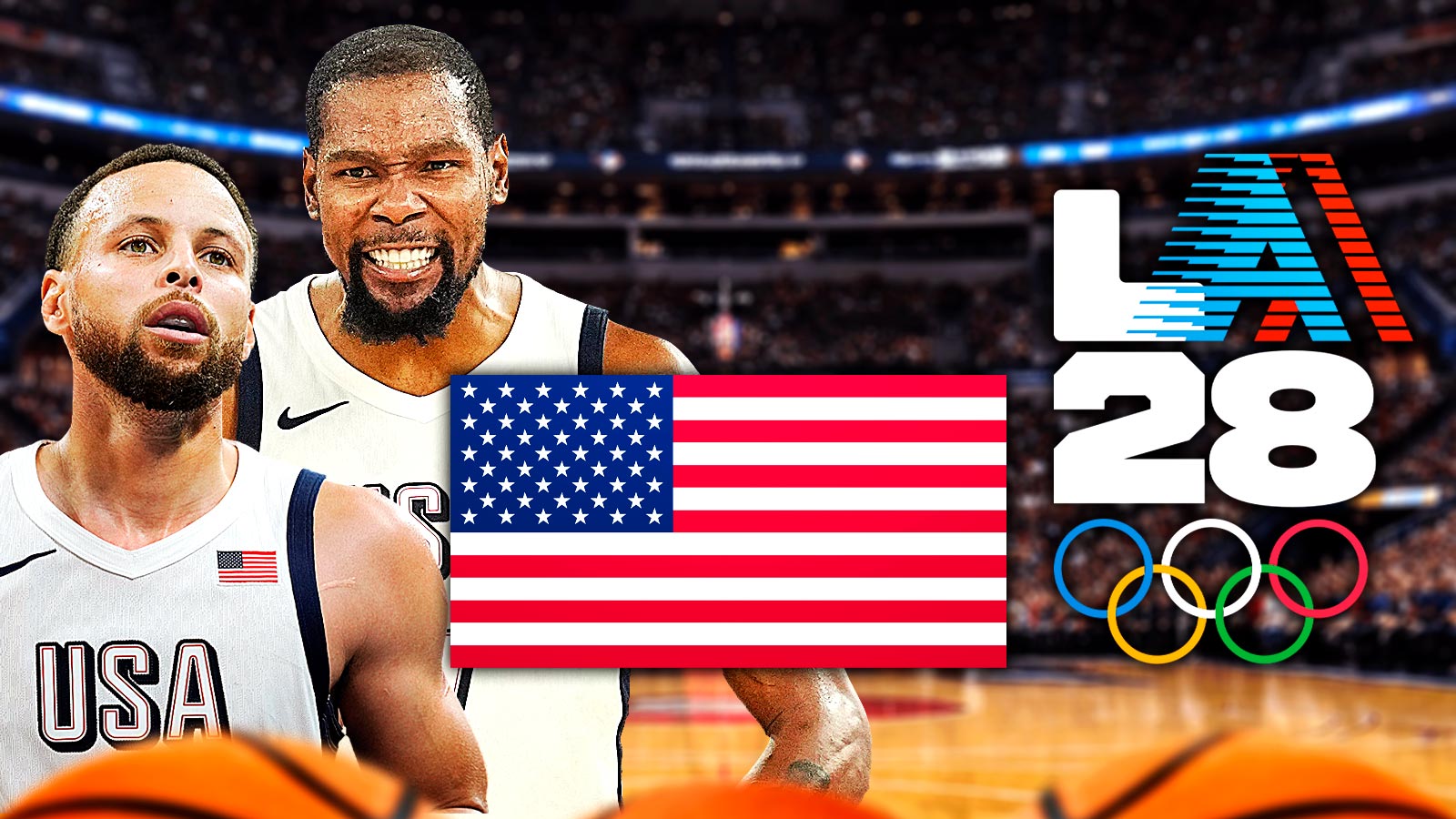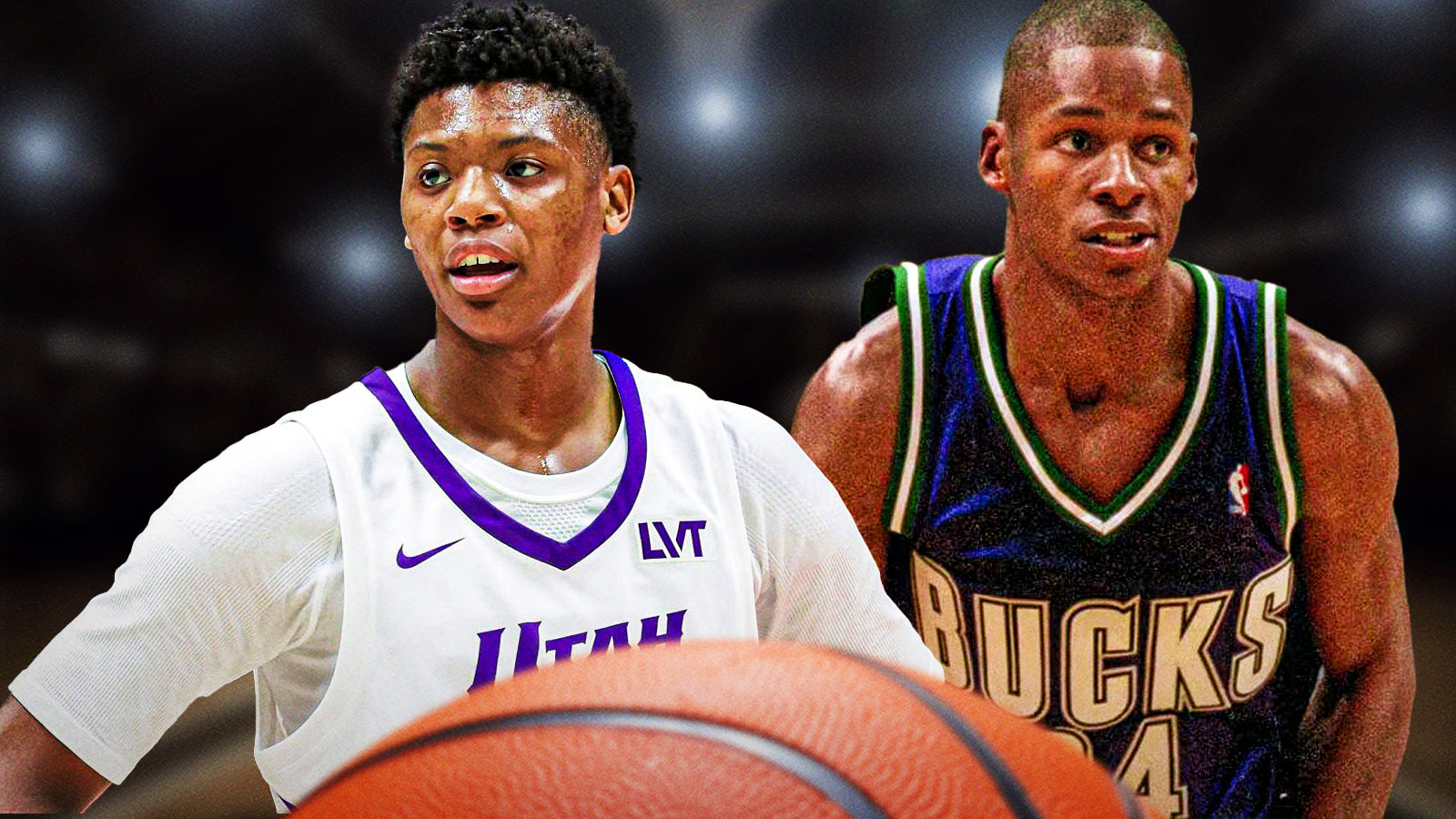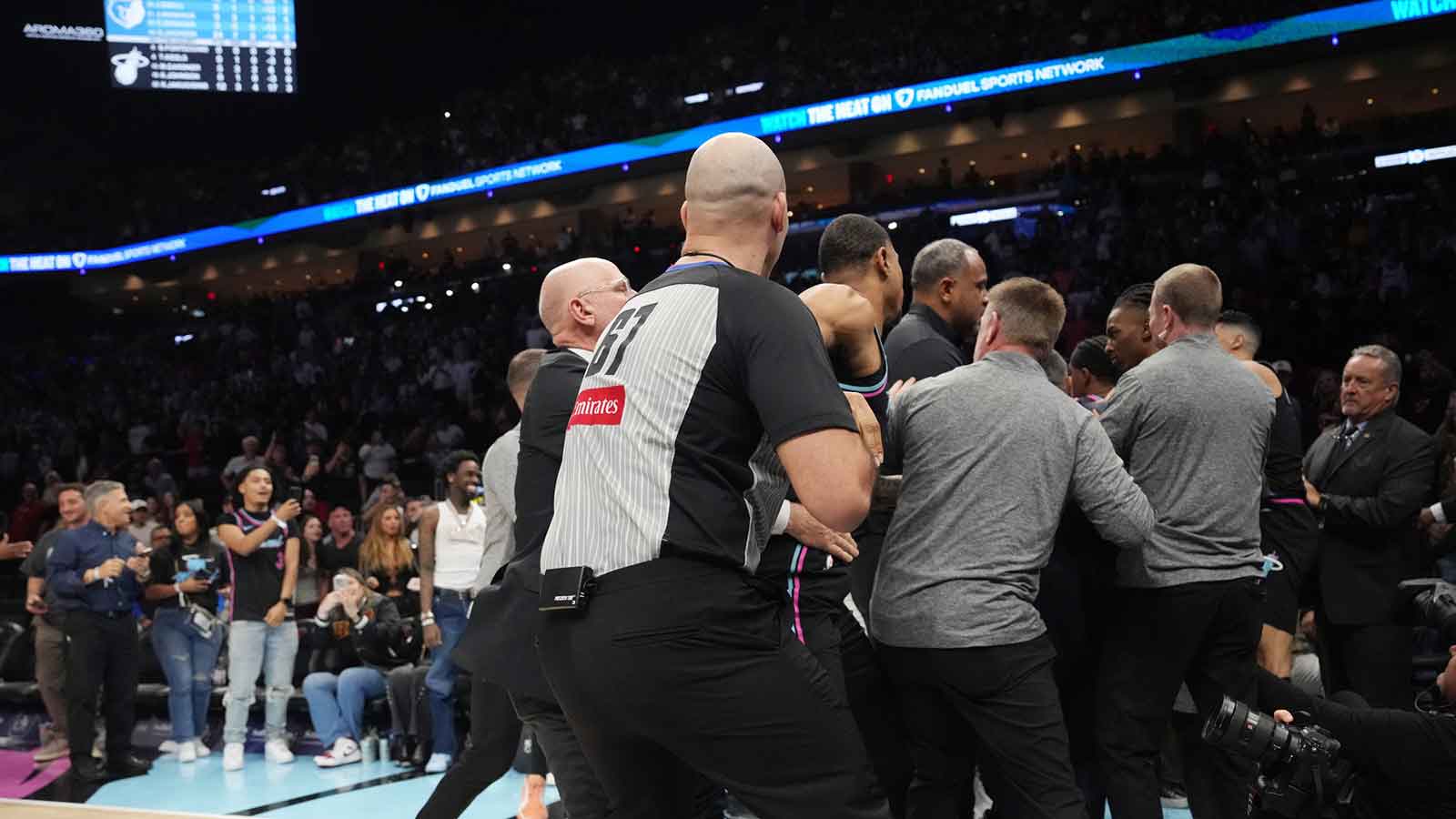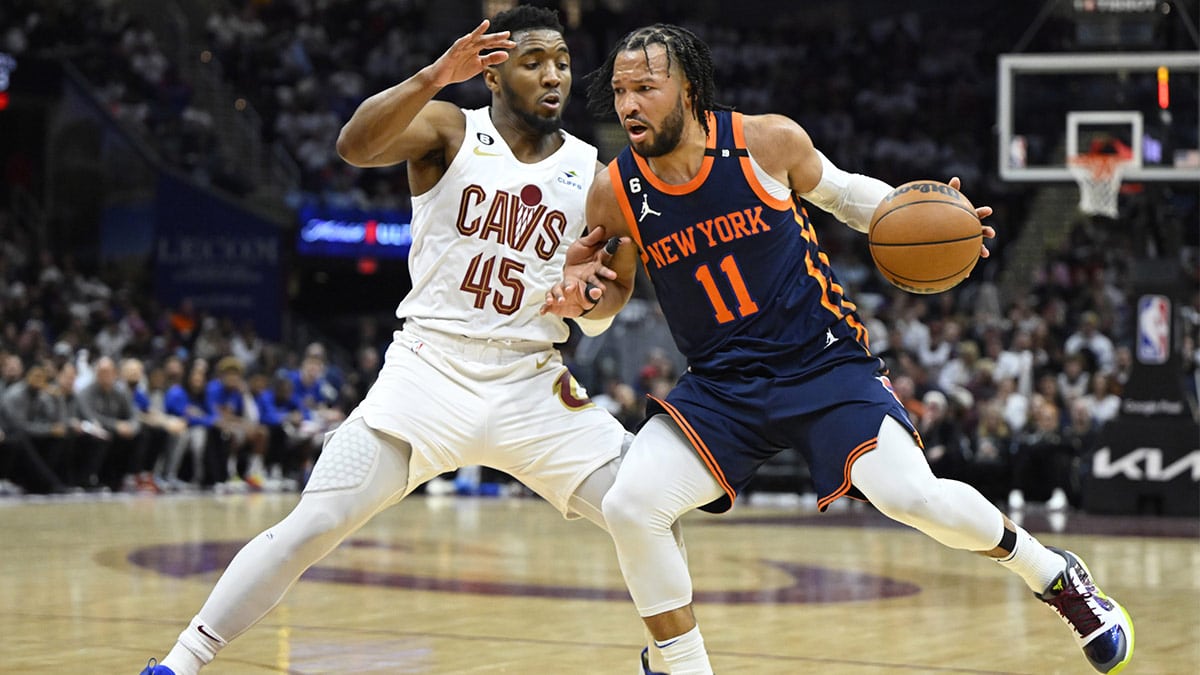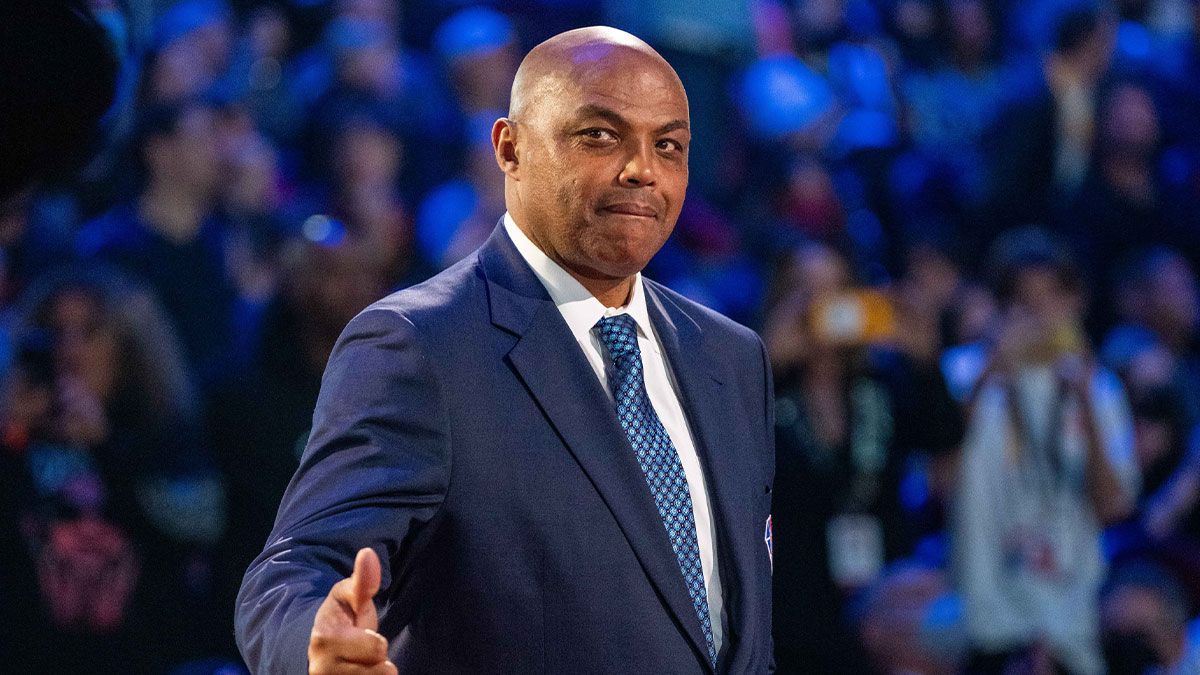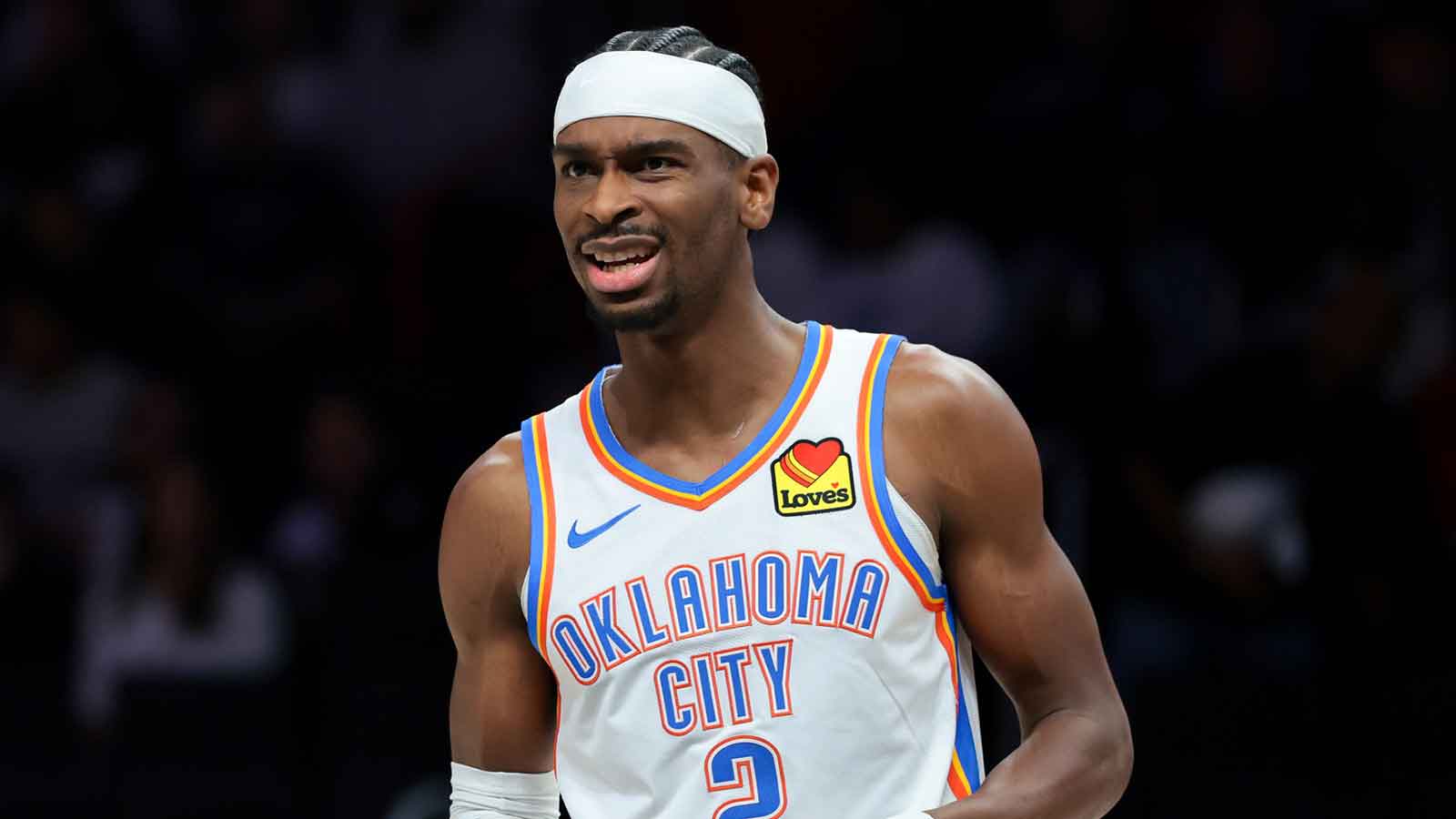Joel Embiid will not be in the running for the NBA MVP award or any of the All-NBA teams due to his recent torn meniscus that will hold him out for several weeks.
Recent rule changes mean that a player must participate in at least 65 regular season contests in order to be eligible for end-of-season awards, including the MVP award, Most Improved Player award, Defensive Player of the Year honors and selection to one of the All-NBA or All-Defensive teams.
As players can only miss a maximum of 17 games while maintaining eligibility and Embiid had already missed 14 games, this injury slammed the door shut on his eligibility for postseason awards.
Even worse, the pressure Embiid was under to reach the 65-game threshold may have directly contributed to the big man’s ill-advised decision to play through injury, a decision which directly led to his torn meniscus.
Why the 65-game rule was implemented
This rule was implemented as a way to incentivize star players to play in as many games as possible instead of sitting out games for load management reasons. Load management has become a divisive topic in recent years in all sports, but particularly in the NBA.
Star players have an outsized impact on the outcome of basketball games due to only five players being on the court at a time. The NBA has also arguably done the best job among all the major sports leagues in terms of marketing their superstars to fans.
In the past, many star players made it a point to play in as many games as possible. the late legend Kobe Bryant famously said that he tried to play in every game because for some fans it would be their only chance to see him live. While the Lakers’ legend is revered around the league, times have changed in the NBA. Superstars in today's game and focus more on prioritizing their health for the playoffs and the best chance to compete to earn the right to host the Larry O'Brien trophy at the end of the season.
End-of-season awards are important to players, both for the financial impact they will have on their career and because these awards can bolster or sink a player's Hall of Fame case and their ranking among the all-time greats.
The financial implications tied to end-of-season honors
Many star players have financial incentives that are tied to that player earning certain end-of-season awards, such as being named to one of the All-NBA teams.
The financial implications can be significant. They can sometimes involve players earning bonuses in a given year, or they can be tied to options that can add additional years to a contract. Needless to say, the financial rewards for attaining these honors can be substantial.
For now, we will put aside whether or not it is fair to put that burden on voters. The people who vote on these awards are well aware of the fact that they are going to be directly responsible for whether or not a player is eligible for a major payday based on how they vote.
Embiid’s historical season was cut short
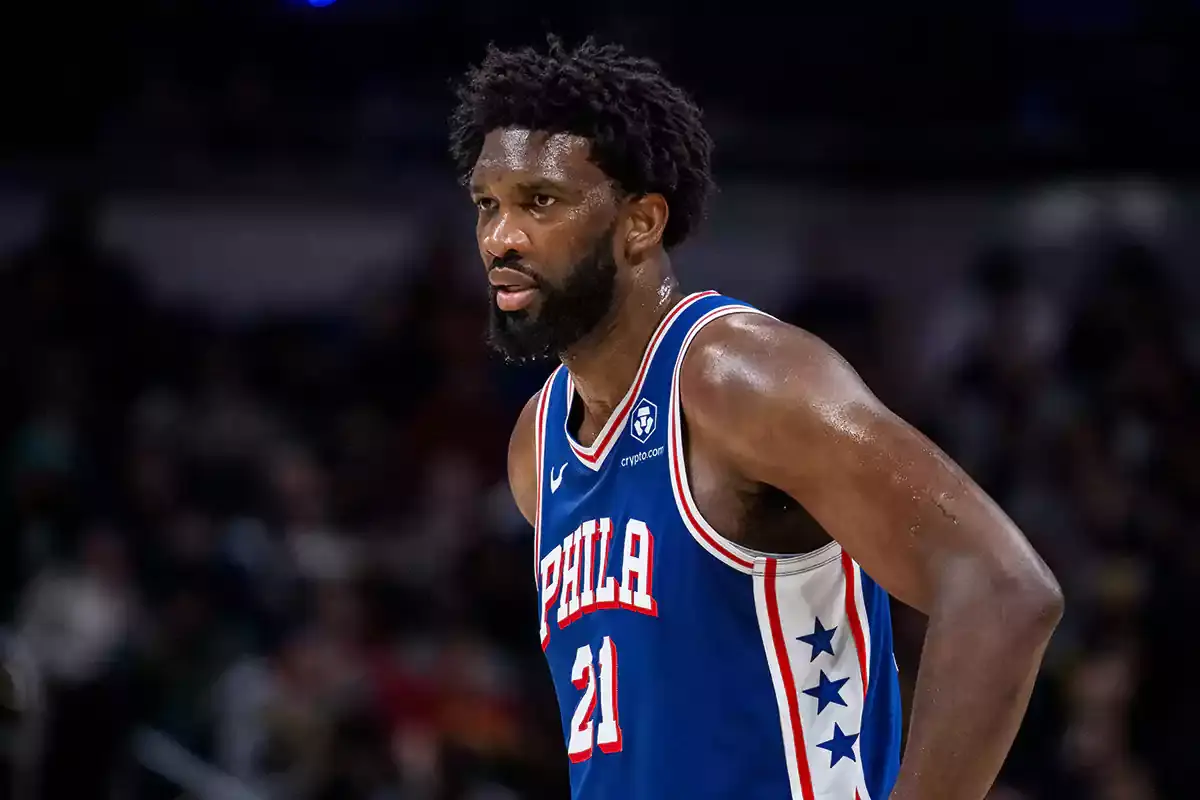
Joel Embiid is one of the best players currently playing in the NBA, and when his career is finished he will likely go down as one of the greatest centers to ever play the game. In 2023, he was having arguably the best year of his already illustrious career.
Embiid has had a lengthy injury history throughout his career. Despite being drafted in 2014, he did not make his NBA debut until 2016 due to multiple serious injuries.
Since making his debut in the Association, Embiid has struggled to stay healthy. Some injuries have been obvious flukes, such as an elbow to the face from Markelle Fultz, but others, particularly his numerous knee injuries, might be attributable to his unique combination of height and weight and his aggressive playing style.
Embiid had received criticism for “ducking” Nikola Jokić
There may have been another factor to Embiid’s decision to play through injury. The Denver Nuggets are Nikola Jokić’s team, and Jokić is the only player in the league besides Embiid with a credible claim to the title of best center in the NBA.
Contests between Jokić and Embiid are must-see TV that fans circle on their calendar months in advance. Bad luck with injuries and illnesses kept Embiid out of a few contests against Jokic. This has led to a trend of accusing Joel of ducking his primary big-man adversary.
These accusations are not based in reality, as Embiid has missed multiple contests due to either long-term injuries or COVID-19 health and safety protocols. Embiid has not missed the games against the Nuggets based on his decision to voluntarily sit out when otherwise healthy.
Unfortunately, the fact that the accusations are not based in reality is irrelevant to the echo chambers of social media and sports talk shows. The Cameroonian star still has to listen to critics accuse him of being afraid of Jokić.
The NBA must reverse the 65-game rule in light of Embiid’s injury
By critiquing a player for something largely outside of his control and putting his legacy and earnings at risk, external factors may have contributed to an unfortunate injury that will keep one of the NBA’s premier talents on the shelf for the majority of the remaining games in the 2023 season. We’ll be lucky if we get to see Embiid return for the postseason.
While there is little that can be done about critics on television and social media, the NBA should rescind the 65-game rule for end-of-season awards eligibility that may have contributed to Embiid’s injury.

